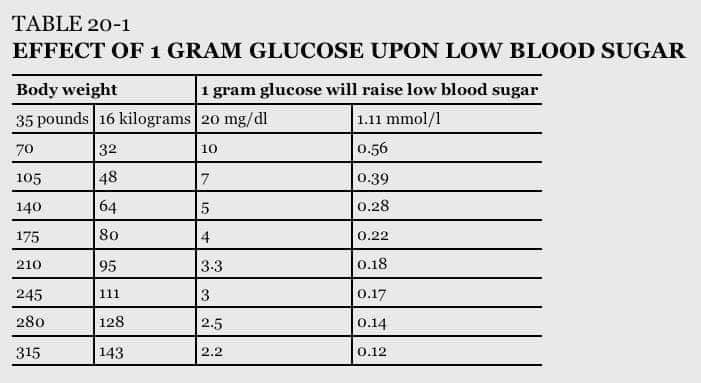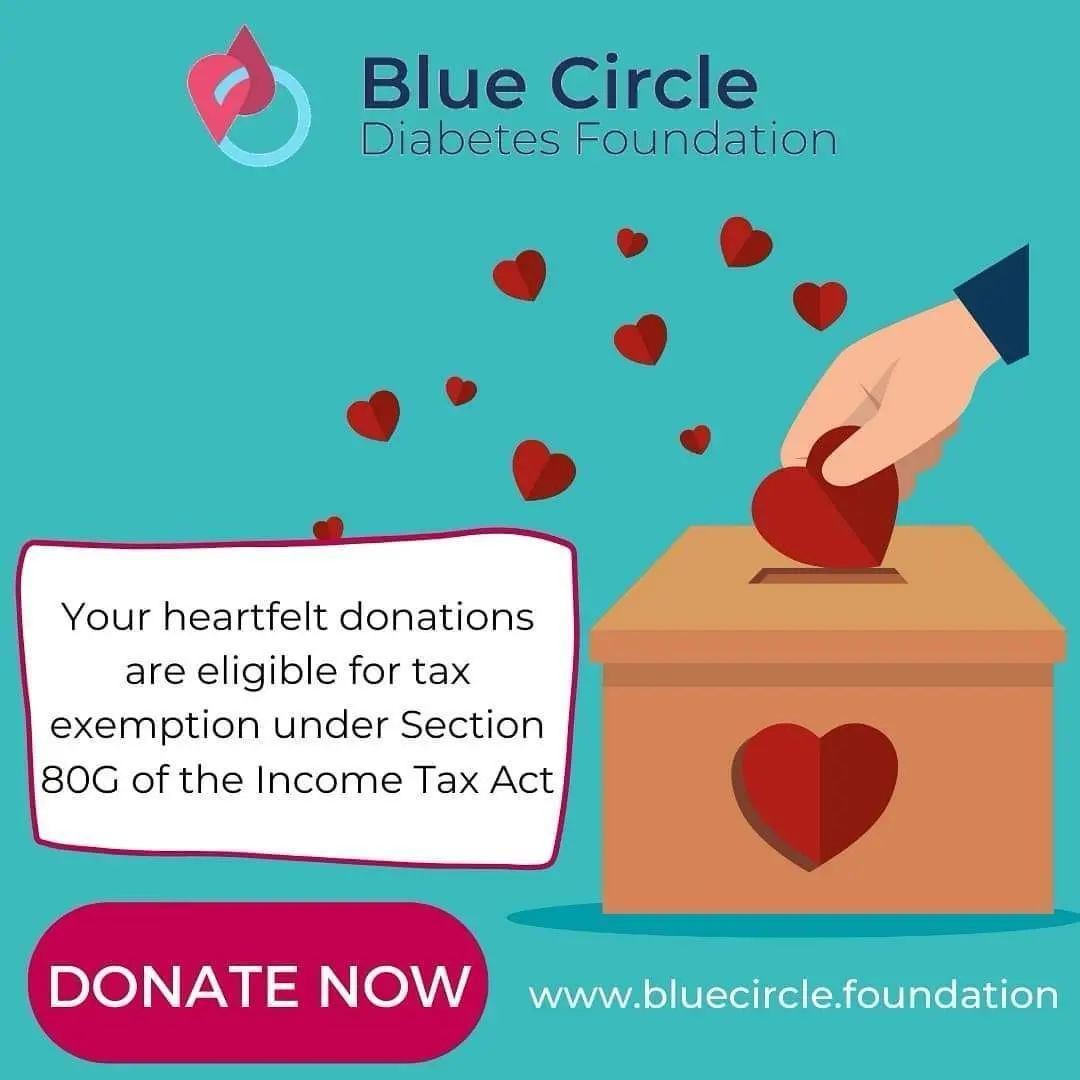Tips for newly diagnosed T1s
Though I have had type 1 diabetes since I was 8 and have had it for most of my life, I have been sitting at my keyboard, drumming my fingers for the longest time, wondering what I could put into one article that would actually be of help to a newly diagnosed family and make them feel less awful. Alright, there is no other way to say this, so here goes
A T1 diagnosis is a life altering event and changes absolutely everything
The diagnosis can get absolutely overwhelming, shocking and isolating for the T1 and the whole family, whatever be the age of diagnosis - it is not easy by a mile. Having said that, change is what you make of it and I'm here to tell you that things do get better.
As diabetics, we can run marathons, run companies, become Prime Minister, climb the Everest, marry, have babies, become grand parents and do whatever we set our heart to. We can have a long, healthy and happy life, just like anyone else provided we take care of our sugars and body well.
If you're a newly diagnosed family or individual, remember it's okay to :
Grieve
Allow yourself time to process the fact that you or your family member have been diagnosed with a lifelong chronic auto-immune disorder. It is not your mistake, you are not a failure and this is not the end of the world. It's okay and absolutely natural to be very upset at first. Most parents of T1 kids, including mine, get shattered with the diagnosis and just the thought of poking and pricking their precious little ones with needles up to 10 times a day for blood tests and insulin injections for the rest of their lives makes them want T1 to simply go away. It doesn't. We slowly learn to work around it.
Acceptance is key. You can't stop the waves but you can learn to surf

Adjust-Learn-Think
It's a huge learning curve and your life changes 360 degrees. Once the panic, pain and disbelief settle down a bit, take a moment, breathe and begin the process of adjustment into a new life ahead, one where you will have to monitor BG, take insulin, measure food, exercise - basically be an external pancreas for yourself or your little one.
Go forth with an open mind. There is no age limit to learning, seek out as much education as possible about T1D because knowledge is power. Understand the common terminology and lighten up while you're at it. Some T1s have been convinced they are 'cured' while in the honeymoon period - learn what that is and how it works. Find medical professionals who you are comfortable working with. There is an ocean of information available at our fingertips, use it wisely to know what you're about to tackle and don't make rash decisions. Take your time.
Learn to 'think' about things deeply and how they affect your body. Do not be afraid to question authority or a set school of thought. No one knows your body better than you. Trust yourself and your glucometer.
Understand what affects sugars
Tons of things beyond food and insulin affect BG. Different types of exercise, the weather, travel, menstruation, eating out, illness, hormones, pregnancy, puberty, stress, sleep, alcohol, dehydration, steroids, caffeine, social pressure are few among the many things that could affect BG.
Where does one even begin? Separate the myths from the facts. Start logging your data so that it makes sense and patterns emerge.
Don't be disheartened. It only gets easier from here on.
Connect with a community
I cannot emphasize enough the importance and power of community. Having the support of a group of people going through similar trials and tribulations makes you feel less isolated and frustrated. Join a group, reach out and talk to others like you.
In the course of this journey, you will find people you can share and feel comfortable with. Thanks to the internet, the world is now a smaller place. Join the community - sign up as a Blue Circle member, schedule a call on our free diabetes + mental health helpline & download the Blue Circle Diabetes app. You're very welcome to follow our Facebook page, join the support group, subscribe to our YouTube channel and follow us on Instagram & Twitter and realize that you are far from being alone. Together we are stronger.
Ask! There are no stupid questions
As a newly diagnosed family, you and your loved ones would have a million questions that weigh you down. Write down each one of them and ask away! Don't feel embarrassed or hesitant to ask anything, however silly or inconsequential it may seem.

Get involved
Since this is about your or your loved one's health, get ready to roll up your sleeves and get started. If you are parents to a newly diagnosed T1 child, lead by example. It might sound un-imaginable to someone newly diagnosed, but my parents now actually think of T1 as a blessing because it just strengthened our resolve for a healthy lifestyle as a family. Dealing with T1 is not just the mother's responsibility, dads need to step up to the game too - this is a team effort! I've grown up seeing both my parents being equally involved and sharing the load, it makes it so much easier.
If you are a spouse, relative or friend of a T1, make the effort of understanding before you offer unsolicited advice or comment in a way that might be hurtful to someone who is already shaken up with a new diagnosis. Read up, offer to accompany them on doctor visits and just be a dependable, available emotional anchor till they find their bearings.
If you are a newly diagnosed adult T1 reading this, remember the ball stops at you. Your health is your responsibility first. No relatives, friends or medical professionals are going to be as responsible for your wellness as you are. Take ownership, work as a team and forge ahead.
Complications are avoidable
We live in a day and age where diabetes is not a death sentence. It is a plain fact that uncontrolled diabetes over a period of time leads to various complications. Do not let the fear of the unknown paralyse you; get smart, do your research, be on top of the T1 game and keep complications at bay. Expand your knowledge and read up on tools that have helped others, such as low carb (big win for me!) and effective use of technology.
Love yourself
Whether you are a T1 or a caregiver, remember that diabetes burnout is real and happens to everyone, in different degrees and at different points in their T1 journey. While dealing with a chronic, life long and 'invisible' medical issue, mental health is just as important as having good numbers. Give yourself a break, some credit and a pat on the back for small victories, be it dosing correctly or making your T1 child independent.
Remember you cannot pour from an empty cup, take care of yourself first

Here are some practical pointers to get you started :
1. Insulin is life - Come what may, do NOT stop insulin and do not believe anyone who claims a cure. Stopping insulin can be fatal and result in diabetic ketoacidosis and death if untreated. Not everyone is lucky to be diagnosed quickly and started on treatment. If you are, it's worth being grateful for and never stopping insulin.
2. Hypos - BG under 70 mg/dl is a hypoglycemia (hypos cannot be ignored and need to be treated immediately. Symptoms could include sweating, palpitations, hunger, dizziness, irritability, etc) and sugars need to be brought up to normal range again. You need to figure out how much 1gm of glucose brings you up to be able to treat a hypo without over-correcting it and causing high BG. April was our month of #HypoHacks, check out a few thoughts and videos.

3. Hypers - When BG is higher than normal, one might feel sluggish, dehydrated, want to urinate often, etc. Watch out for DKA (diabetic ketoacidosis) if sugars are over 250 mg/dl and there are ketones. Even if you're not eating, you still need your basal (long acting) insulin. Insulin requirements may sometimes increase during sickness, make sure to test and titrate your doses. Never leave home without your diabetes supplies, here are the things that should go into your dia-bag.
Low BG needs glucose and high BG needs insulin
4. Counting carbs and macros - It is important to understand how food affects BG. Carbohydrate has the largest and fastest impact on BG. Protein impacts BG slowly and over a longer period. Speak to your doctor, nutritionist and look up the carb/protein content of foods (sites that a lot of us look up for macros include MyFitnessPal, HealthifyMe among others) and understand how much insulin is needed for each food.
To understand how much to bolus (give a dose of short acting insulin) for a meal, here's a rough guideline that can be used to understand how many carbs get covered with 1 unit of fast acting insulin.
Insulin to Carb Ratio (ICR) = 500/TDD (Total Daily Dose, ie : total short and long acting per day)
For instance, if my TDD is 20 units, my ICR = 500/20 which is 25. This means that 1 unit of rapid acting insulin would cover about 25 carbs for me. This ratio could change during sickness, menstruation, growth and different times of the day too.
5. Insulin dosing - You need to know how much 1 unit of fast/rapid acting insulin drops your BG. Here's a guideline for most rapid acting insulins (for regular/R/Actrapid, use 1500 instead of 1700) :
Insulin Sensitivity Factor (ISF) = 1700/TDD (Total Daily Dose)
For example, if my TDD is 20 units, my ISF = 1700/20 which is 85. This means that 1 unit of rapid acting insulin would drop my BG by roughly 85 mg/dl.
What is a correction dose?
If my sugars are high (let's say 400 mg/dl) and I need to know how much insulin is needed to bring it down, here's what I'll do to find out.
Current BG (400) minus Target BG (100 or whatever is your target) divided by ISF, which is
400-100 ie: 300 divided by my ISF (which we calculated to be 85).
300/85 is 3.5 units which is my correction dose in this case.
All of this might seem like an over load of emotions and information at this point but remember, living with T1 is a marathon and not a sprint.
Be mindful, put one foot in front of the other and keep going!
SUPPORT BLUE CIRCLE DIABETES FOUNDATION
We need your help and support to continue to grow, expand and touch the lives of countless people in the diabetes community. Every little bit helps us in sustaining this endeavour. Our NGO is registered under Section 80G of the Income Tax Act, India.
Click here to donate

